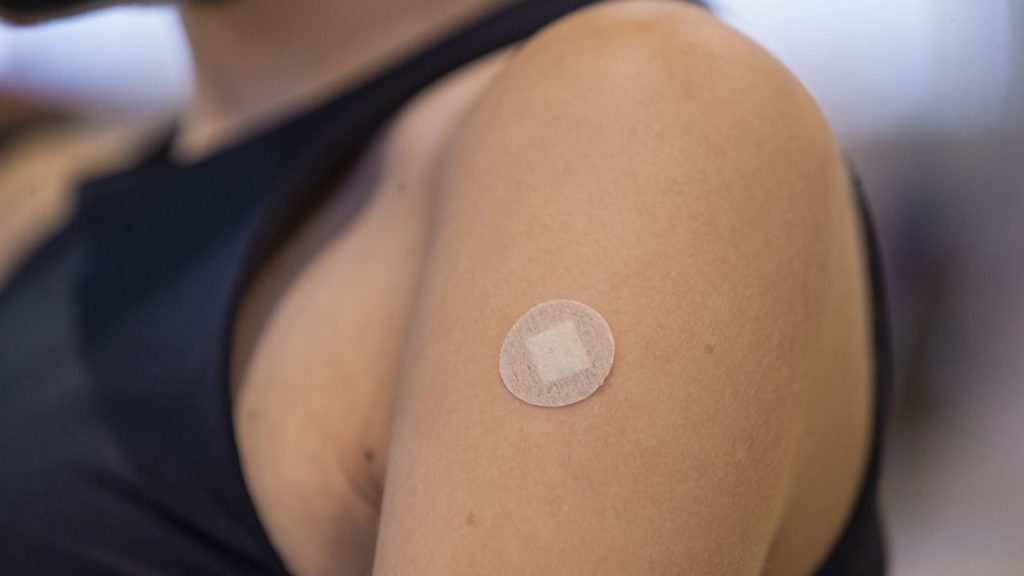Mandatory vaccination is expected to be up for discussion for the first time during the next Consultative Committee on 22 December, which will also include a debate about abolishing the testing aspect of the Covid Safe Ticket (CST) system.
Both measures are expected to be discussed during the next meeting as part of an effort to further increase the vaccination coverage rate in Belgium, according to reports from De Morgen based on information from government sources.
"The Coronavirus Commissioner's office has been instructed to look into this and to do so by the next Consultative Committee," Gudrun Briat, spokesperson for the Vaccination Taskforce, told The Brussels Times. She added that health experts and lawyers are working on tackling what has become a divisive topic in the country.
More than 8.72 million people are fully vaccinated in Belgium, accounting for 88% of the adult population in Belgium, and 76% of the total population.
First step towards mandatory vaccination
Last month, the government announced that mandatory vaccination for healthcare workers had been approved and that it would legally come into force from 1 April 2022. A transition phase will apply between 1 January and 31 March, after which those who are not vaccinated will be dismissed.
This measure has already been introduced in other EU countries including France and Italy and is viewed as a "punishment" for those who don't abide by the law. In Belgium, the announcement prompted backlash from those in the healthcare sector leading to strikes and protests. Some in the sector have expressed their fear that hospitals will not be able to function without unvaccinated staff.
Related News
- ‘Unacceptable’: Brussels Fire Brigade condemns those who participated in vaccine protest
- Pfizer says its booster provides protection against Omicron variant
- 3 in 10 vaccinated people aren’t convinced about booster shots
Mandatory vaccination for the general public – which has been announced by Austria where it will come into effect from 1 February – has not yet been on the table in Belgium, with Prime Minister Alexander De Croo saying previously that he was not in support of it. For now, no major decisions are expected to be taken but the debate will be held for the first time.
CST changes
A slightly less stringent measure is reportedly also being considered, namely the 2G principle which would result in the CST – which is required to enter bars, restaurants, gyms and other establishments in Belgium – only being available to those who are fully vaccinated or have recovered from the virus.
This principle was already proposed by Horeca Vlaanderen for use in nightclubs before these were closed, essentially meaning that anyone who has not been fully vaccinated or recovered from the virus would not be allowed to enter a nightlife venue, regardless of having a negative test result.
Opposite direction
While several key discussions at the next Consultative Committee could see measures tightened, Flemish Minister-President Jan Jambon is also keen for certain restrictions to be relaxed – particularly those that concern the culture and events sectors.
Last week Friday, the Consultative Committee decided to ban indoor activities with more than 200 attendees. Everyone must be seated and wear a face mask; for events with 50 or more people, a valid CST is required.
This intervention was met with strong criticism from the culture and events sector, but also from the Flemish majority which argued that the cultural sector was not taken into sufficient consideration and that the figure of 200 people was "arbitrary and a generic limitation," Belga News Agency reported.
According to Jambon, the 200 person limit was based on advice from the GEMS expert group and was, he thought, "absolutely acceptable".
However, he added that he hopes the culture and events sector can soon reopen fully: "Last week I proposed a short but firm measure in the face of the rising infections. My approach for the next Consultative Committee will be that this short period is over and the recreational sector can reopen."

